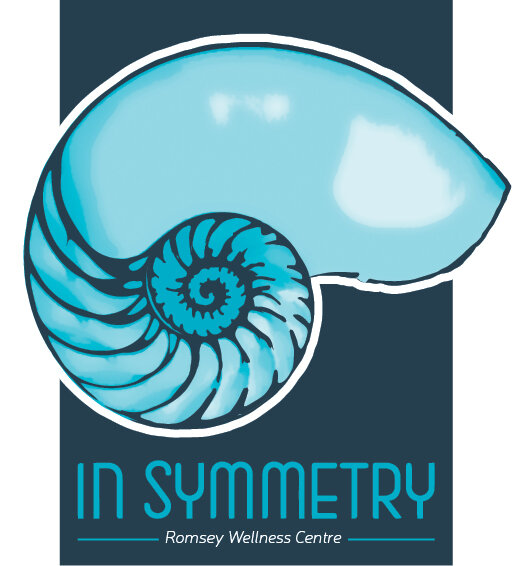VERTIGO, DIZZINESS & TCM
Written by Vanessa Manion (Chinese Medicine Practitioner)
Dizziness is a common condition that we see often in our clinic. It takes various forms, including the condition known as vertigo, with its likelihood increasing as people age and a higher prevalence among women. Dizziness encompasses a broad range of sensations, from feeling light-headed, woozy or off-balance, often accompanied by nausea, fatigue, and headaches. Vertigo, on the other hand, is a specific type of dizziness characterized by a spinning sensation, as if one's surroundings are in motion.
While neither dizziness nor vertigo typically indicate life-threatening conditions, they can significantly disrupt daily life. Medications can offer symptom relief but may entail unwanted side effects. Identifying the underlying cause is often the most effective approach to managing these issues and preventing recurring episodes.
Traditional Chinese Medicine (TCM) offers insights into the different forms of vertigo & dizziness, linking them to factors such as emotional fluctuations, aging, kidney deficiencies, and other health conditions. In TCM, vertigo is associated with the liver's functional complex and can result from excesses like pathogenic factors or deficiencies of Qi and/or blood. In modern medicine, various factors, including ear-related issues, cerebral conditions, infections, and allergies, can contribute to dizziness, making differentiation and treatment important.
In Chinese Medicine, vertigo is viewed because of imbalances in Qi, Blood, and the body's Zang Fu (Organ) systems. Chinese Medicine employs fundamental concepts such as the Five Elements, Channel Therapy, and a focus on Qi and Blood flow to identify and address the root causes of vertigo. Chinese Medicine considers the body's energy flow, which when disrupted, can lead to dizziness. Acupuncture provides a safer alternative for managing vertigo. While it may not cure chronic conditions, it can effectively alleviate vertigo & dizziness symptoms.
Acupuncture is employed to restore this equilibrium by manipulating the body's energy pathways, reducing inflammation, and promoting self-healing. TCM offers a holistic approach to managing vertigo & dizziness by addressing both its symptoms and the underlying imbalances.
Seeing one of our qualified TCM practitioners can lead to personalized treatment plans tailored to individual needs, ultimately promoting overall well-being, relief and balanced health.
If you would like to book an appointment with Vanessa, you can call the clinic on (03) 5429 3610 or book online by clicking the link below.
References:
1) Maciocia,G. (2007). The Practice of Chinese Medicine 2nd ed. (2):66-77
2) Wu, J., & Xiong, J. (2015). Practical Diagnosis in Traditional Chinese Medicine. Elsevier Health Sciences.
3) Wang, C., de Luca, M. F., & Hu, X. (2016). A review of complementary and alternative approaches to the management of vertigo., (The Journal of Alternative and Complementary Medicine), 22(6), 420



